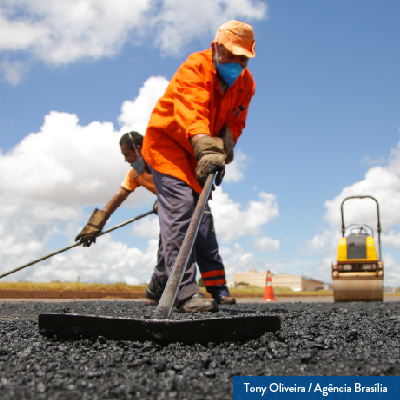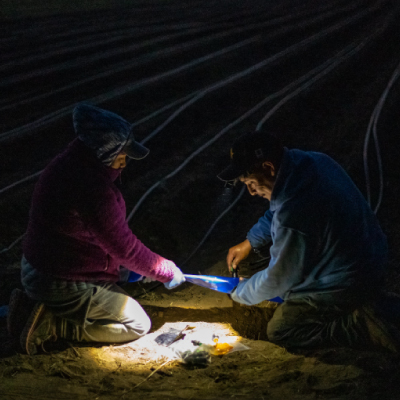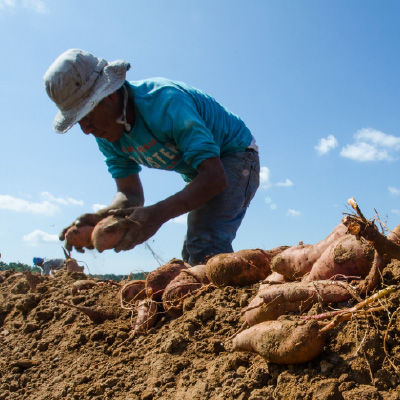- Who We Are
- Clinician Employment
- Publications
- Witness to Witness (W2W)
- Kugel & Zuroweste Health Justice Award
- Your Voice Matters: Photovoice Project
Wed, 08/12/2015 | by KerryBrennan

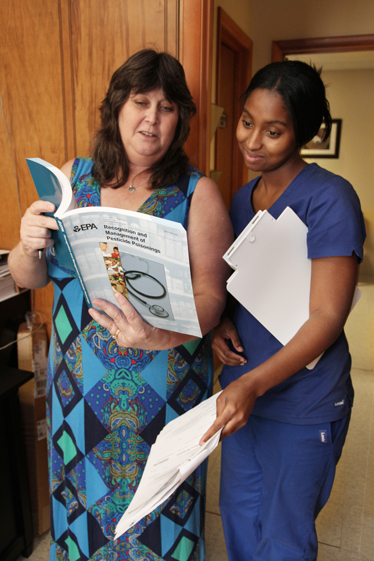 A study in Pediatrics showed that 80% of children with organophosphate poisoning were transferred from the emergency department with the wrong diagnosis. While acute pesticide poisoning may not be very common, clinicians need a high index of suspicion to ensure that cases are not missed. MCN worked to raise the index of suspicion among clinicians in Immokalee, Florida last week.
A study in Pediatrics showed that 80% of children with organophosphate poisoning were transferred from the emergency department with the wrong diagnosis. While acute pesticide poisoning may not be very common, clinicians need a high index of suspicion to ensure that cases are not missed. MCN worked to raise the index of suspicion among clinicians in Immokalee, Florida last week.
Jimmy Roberts, MD, MPH joined MCN for our second onsite training at Healthcare Network of Southwest Florida (HCN). This training, focused on diagnosis and treatment of pesticide poisonings, builds upon MCN’s first, introductory Environmental and Occupational Health training for primary care providers (read about our first training here).
Roberts is the co-author of the EPA’s Recognition and Management of Pesticide Poisonings, 6th Edition (RMPP), the seminal reference for clinicians treating the pesticide exposed patient. Beyond being a nationally renowned pesticide expert, Roberts is also a practicing pediatrician and a professor at the Medical University of South Carolina. Roberts’ expertise both in pesticides and pediatrics resonated with HCN clinicians as several pediatricians, including the Chief Medical Officer, were on hand to engage with Dr. Roberts. Roberts offered relevant case studies including several focusing on children. His approach proved to be a simple and effective way to make an otherwise complex subject accessible, realistic, and engaging for clinicians.
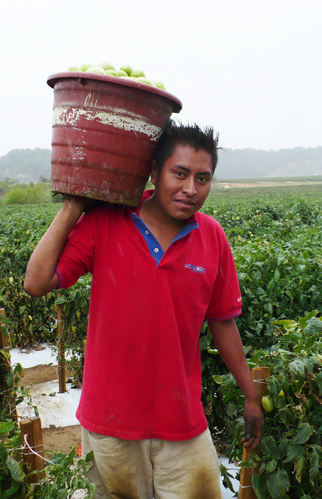 HCN cares for agricultural workers and their families in southwest Florida. Farmworkers are the most overexposed population to pesticides and clinicians are often unprepared to recognize and manage pesticide exposures. The training addressed multiple types and categories of pesticides, acute and chronic effects of pesticide exposure, how to treat and report pesticide exposure, and how to use the RMPP as a resource. Who better to explain how to use this critical manual than the author himself? Roberts was able to point out how chapters in the book which overview categories of pesticides have blue side bars that provide quick highlights, such as signs and symptoms, treatments, and how pesticides interact with the body. Roberts also used the book’s Index of Signs and Symptoms to demonstrate how clinicians can use patients’ symptoms to identify the particular pesticide they were exposed to.
HCN cares for agricultural workers and their families in southwest Florida. Farmworkers are the most overexposed population to pesticides and clinicians are often unprepared to recognize and manage pesticide exposures. The training addressed multiple types and categories of pesticides, acute and chronic effects of pesticide exposure, how to treat and report pesticide exposure, and how to use the RMPP as a resource. Who better to explain how to use this critical manual than the author himself? Roberts was able to point out how chapters in the book which overview categories of pesticides have blue side bars that provide quick highlights, such as signs and symptoms, treatments, and how pesticides interact with the body. Roberts also used the book’s Index of Signs and Symptoms to demonstrate how clinicians can use patients’ symptoms to identify the particular pesticide they were exposed to.
Through our Workers and Health program, MCN has established 14 Environmental and Occupational Health Centers of Excellence across the country to date. From California, to Tennessee, to Puerto Rico and beyond, MCN's unique program supports clinicians across the country in identifying, treating, and preventing work-related injuries and illnesses like pesticide exposure. The program is successful in part because of our ability to link up our nationwide network of clinicians with our partners like occupational medicine specialists, pesticide experts, and other leaders at legal aid foundations, State Departments of Health, and other partner organizations. The year-long collaboration helps federally-funded community and migrant health centers develop simple, practical, and flexible adaptations to integrate EOH into the primary care setting.
MCN is currently looking for new health center partners for the Workers and Health program. Learn more about the program here.
Like what you see? Amplify our collective voice with a contribution.
Return to the main blog page or sign up for blog updates here.



